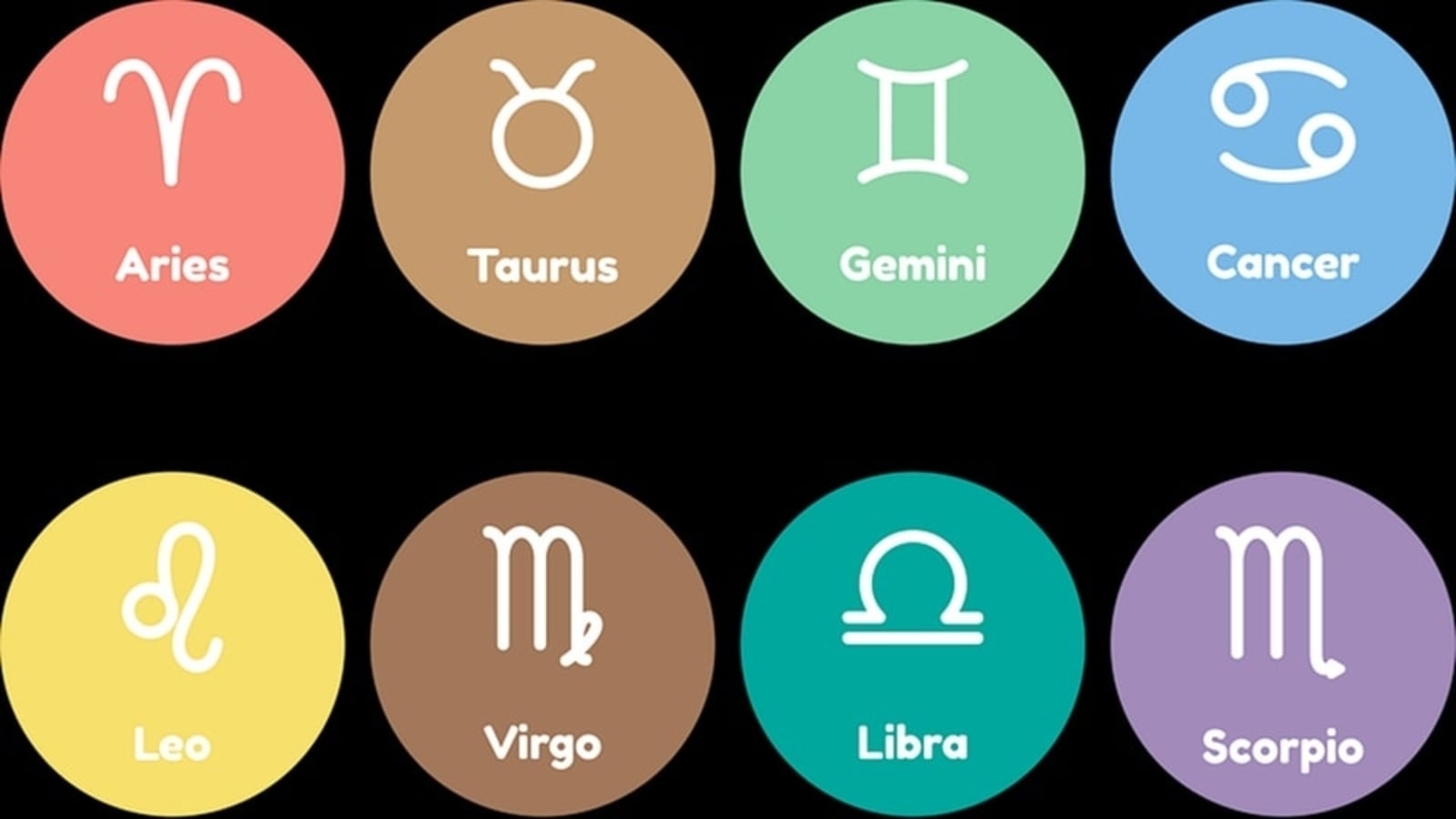The State of Science Index (SOSI) 2021 was announced in June. The Indira Gandhi National Open University (IGNOU) announced the introduction of a master’s program in astrology (jyotish) in the same month. The first announcement pleased me because 90% of the adults surveyed said that science brings hope for the future, brings hope for a better world in which to live – a higher percentage, albeit slightly, than the world average of 89%. But IGNOU’s announcement is an extremely retrograde step that promotes pseudoscience, it seems to me.
SOSI was based on results obtained through a combination of online and offline interviews conducted by a global research company, Ipsos. A demographically representative sample of 1,000 citizens, aged 18 and over, was surveyed this year in February and March from each of the 17 countries – Australia, Brazil, Canada, China, Colombia, France, Germany, India, Italy, Japan, Mexico , Poland, Singapore, South Korea, United Arab Emirates, United Kingdom and United States. In this survey, science was defined as “the process of pursuing knowledge of the world and the workings of things in the world by gathering, observing, experiencing and logically applying truths about a particular subject”.
Hope in science implies trust in science and scientists. Indeed, 90 percent of respondents in India said they trusted science, about as much (91 percent) as other respondents around the world. The vast majority (85 percent) also believe that society will be negatively affected if science is not valued. “Science will improve my life over the next five years,†said 79 percent of respondents. It was also heartening to see that the ordinary citizen would speak up in defense of science if anyone expressed skepticism about science; a significantly higher fraction (87 percent) of Indian citizens agreed to do so compared to citizens of other parts of the world (75 percent).
While there is so much confidence in science and Indian citizens believe that science will improve their lives, why do we systematically kill the scientific mind by instilling in our citizens an irrational body of thought? And to ensure that such a thought obtains a formal seal of approval by introducing degree courses. The stamp will, of course, help irrational thoughts creep into society more easily.
In the current atmosphere, anyone who questions such decisions or motives is called anti-national. Even though we truly believe that there were important scientific developments in ancient India, you cannot express your disbelief in the claims of those in power. For example, cosmetic surgery flourished in ancient India, pictured at Ganesha with an elephant head, and we flew airplanes long before the Wright brothers. You question or express your disbelief and the growing group of chauvinists will stalk and harass you. They can even kill you. Remember Narendra Dabholkar and Gauri Lankesh.
Instead of taking advantage of the high level of trust in science among our citizens, as the SOSI survey shows, to anchor science deep in the minds of our people, especially school children, we are propagating unscientific thinking. and establish the pillars of pseudoscience. I also see conflicting emphases. Higher education institutions focus on promoting science communication by students, encouraging science awareness programs, building living museums for the younger generation of science students, etc. These are laudable efforts. Why are we introducing diploma courses in astrology at the same time?
Astrology has no scientific basis. It does not follow the scientific method of making a hypothesis, making predictions that logically flow from the hypothesis, collecting empirical data to test those predictions, and concluding whether the hypothesis has a high probability of being true. Astrology does not follow this process.
Objections to astrology are not new. Almost 50 years ago, in 1975, a group of 186 scientists, including many Nobel Laureates (such as Hans Bethe, Francis Crick, Paul Samuelson, Niko Tinbergen, Peter Medawar, Linus Pauling), issued an objection signed to astrology. They wished to “warn the public against unconditional acceptance of the predictions and advice given in private and in public by astrologers.” Those who wish to believe in astrology should realize that there is no scientific basis for its principles. “
In ancient times, the view of the world was magical. It was assumed that the planets and other celestial bodies exerted strong forces on the earth. These forces at birth were supposed to determine the course of our lives. Now that the distances between the planets and many stars have been calculated, we know that these forces are infinitely small to influence us.
This year’s SOSI survey clearly shows that 90 percent of our adult citizens trust science; 91 percent agree that the world needs more people pursuing careers related to science, technology, engineering and math. Yet we are consciously introducing pseudo-scientific courses. Our citizens will become more irrational and our society more obscurantist. Let us unite to denounce pseudoscience and promote the scientific spirit and temperament. The backbone of national prosperity is the science and the scientific mind of its citizens.
The author is National Science Chair, Government of India
 Universo Viviente
Universo Viviente



